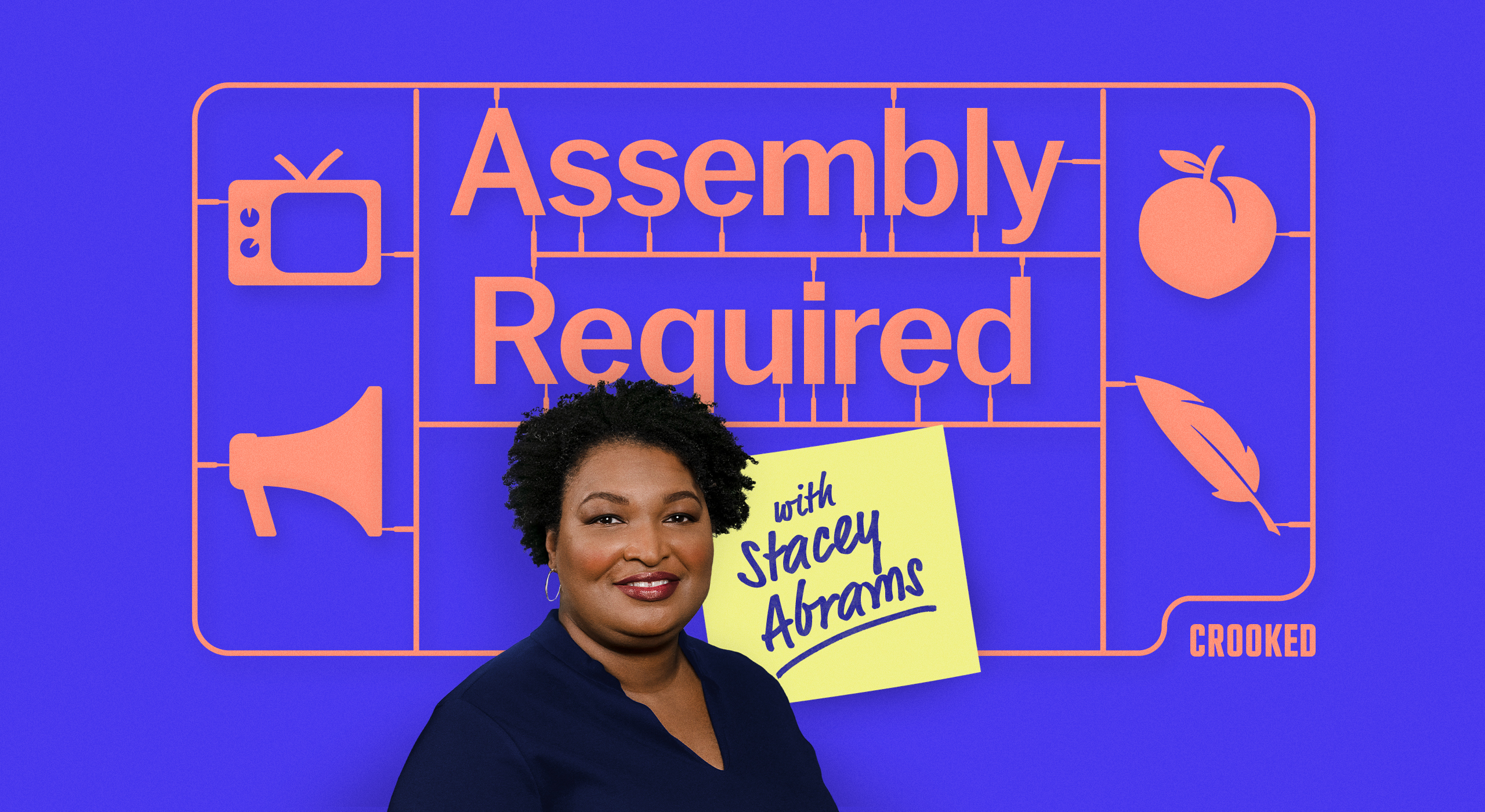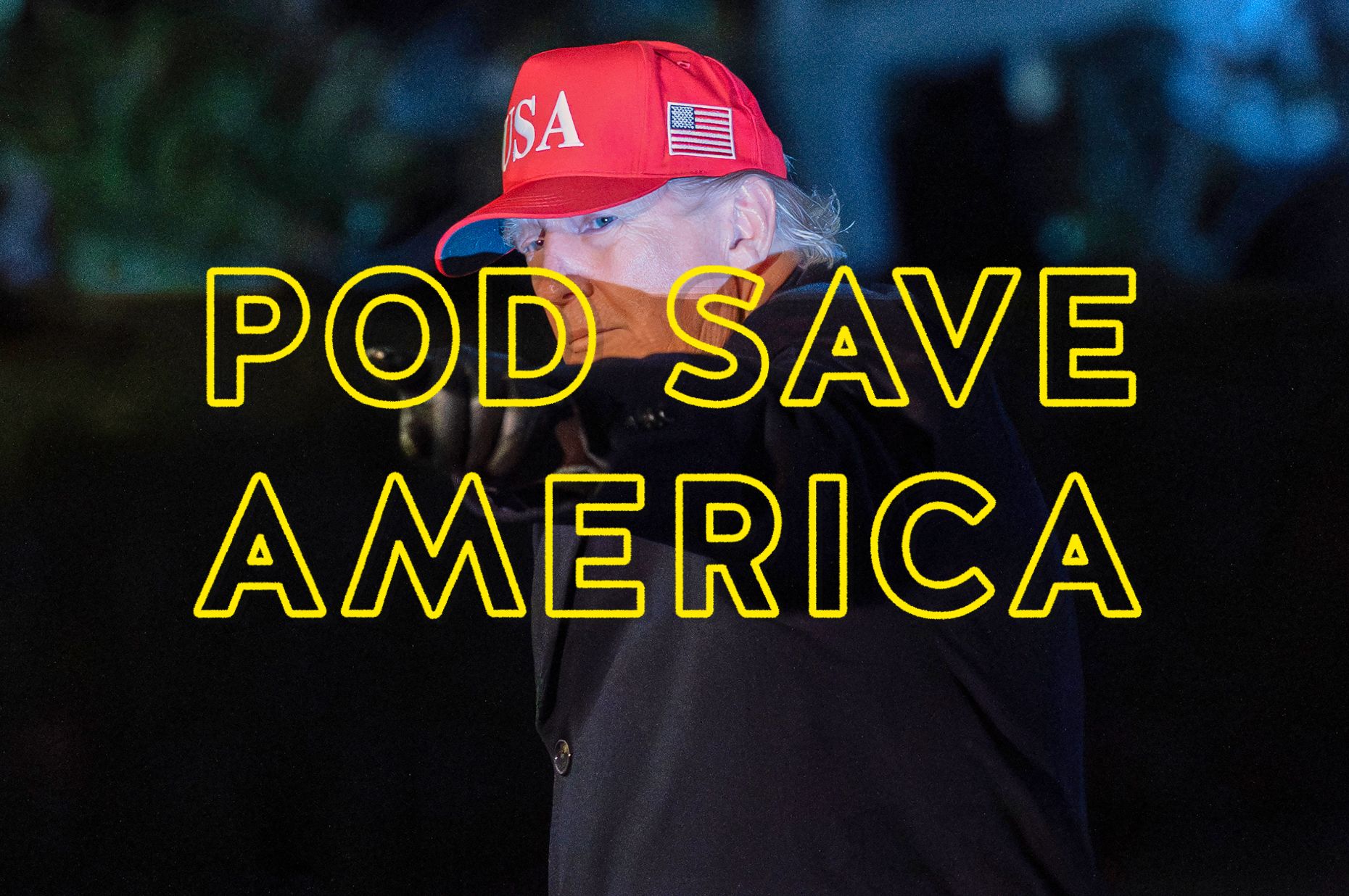
Donald Trump’s conduct at the first debate has unsettled the American political class more than anything that’s happened since he won the presidency in 2016.
Everyone who watched the debate is right to be unsettled. Trump gaslit the country as he often does with a profusion of lies, and drowned out the truth as he often does with abusive diversions and slander, all before he refused (again) to condemn white supremacists and even enlisted supporters (again) to attack the country as its citizens cast votes for president.
If we learned anything new about Trump last night, though, it’s that he’s nimble enough to bundle the worst things about himself and his presidency into 90 minutes of televised rambling and aggression. Yet despite the lack of novelty, the intensity of it had the effect of knocking scales from the eyes of people who’ve been watching all along.
Big Tent
New York Times columnist David Brooks professed to be “the most horrified I’ve been in my career as a political journalist.”
Reporters who covered the event were apparently so stunned and scared by what they’d witnessed that they flocked to the Biden campaign for comment on their collective assumption—suggestion? idea?—that despite winning the debate Joe Biden might cancel the rest. That’s how a story about Trump’s disgraceful behavior came to be rendered as, “Biden campaign faces questions about whether he should skip next debates.”
This impression—that the country had just endured something like an assault—ultimately filtered its way up to those at the top of the elite pyramid, the people who shape news into headlines and conventional wisdom, but who have been resistant to conveying recent events with the alarm they deserve. Like the headline writers at many newspapers, the New York Times instinctual response to what we all witnessed was to parcel out blame evenly, or to no one in particular, decrying it as a “chaotic” event marked by “sharp personal attacks and name calling.” Under pressure, they refined this assessment to “crosstalk and mockery dominate chaotic first debate,” and eventually, accurately, “Trump’s mockery and deceptions turn first debate into chaos.”
True, and yet: Why now?
When Donald Trump was a first-time candidate, his unfitness for office was taken so widely for granted that the same shapers of conventional wisdom had to abnormalize Hillary Clinton to make the race seem balanced when it was not, and largely ignored those who warned of the dangers of a Trump presidency because his victory seemed so far-fetched. Within weeks of the election, those same influencers had inverted the presumption of Trump’s unfitness, so that they could cover his presidency without changing any professional habits. It was a pivot that required recasting the prophetic doomsayers of the election as the shrill hysterics of the resistance.
Now and again Trump has threatened through his sheer egregiousness to shatter the compact of cool detachment that nearly all of our institutions adopted in response to him. Most memorably to me, his Muslim ban, his obstructive firing of FBI Director James Comey, his expression of fondness for the Nazis who marched and killed in Charlottesville, his caging of migrant children separated from their families, and his obsequiousness to Vladimir Putin at the Helsinki summit, all transcended normalization. But only briefly. And as the cocoon of normalcy reformed around him, he interpreted the receding criticism as license for further abuse. In recent weeks Trump has conscripted the entire executive branch of the government as an arm of his re-election campaign, and waxed openly about conscripting the Supreme Court in the same way. He has celebrated extrajudicial murder and encouraged supporters of the practice to menace voters in Democratic precincts. He has refused to commit to surrendering power peacefully if he loses.
All of that happened just before the debate; offenses so unconscionable that if we traveled back in time to tell the January 2017-version of ourselves about them, they would interpret it universally as a sign that the guardrails had failed.
Yet overnight, the media’s general disposition toward these outrages morphed from something like “it doesn’t matter if his voters don’t care,” to a general sense of shock and fear—to expecting Joe Biden to cancel the next debates to spare us all further abuse.
Biden has taken it upon himself to save the country from Trump, but not by ducking confrontation with him. Given everything that’s happened in the past few years, this extemporaneous notion that the second and third debates shouldn’t happen scans as a plea for mercy—not for the country at large but for the normalizing institutions themselves, and those within them who would like to resume the pose of cool detachment.
We’re due for a reckoning either way. It may be that Trump can reset the pre-debate status quo simply by delivering remarks in a Somber New Tone for the media to feast upon. But if Tuesday night represented some kind of breakthrough, we need to know why all it took was for Trump to replay his greatest hits on a national stage a few weeks before election day.
How did the boiled frogs talk themselves into ignoring the steadily rising temperature of the water? How, almost four years in, can the moderator of a presidential debate involving Donald Trump claim he “never dreamt that it would go off the tracks the way it did?” What were the ambient forces driving everything through the lens of public opinion in Trump-country diners, and why did they suddenly cease to matter? If Trump has been a threat to the nation all along, what would these institutional actors have done differently? Would they still say Trump’s opposition should have prized bipartisan dealmaking over investigating and impeaching him?
There are no flattering answers to these questions; just delusional ones (Trump only became an emergency in late September 2020) and damning ones: that they missed the biggest story of their lives because they convinced themselves Trump’s opponents were stuck in a bubble, when really it was them; or because telling that story would’ve required breaking old, comfortable habits.
We deserve answers now because the story isn’t over. The same individuals who say Tuesday came as a great surprise retain immense influence over how the public will interpret Trump’s efforts to incite white-nationalist gangs, or to block the legitimate counting of votes. They have to ask themselves again whether they’re more concerned with getting caught over-reacting—with preserving the narcotizing myth of normality—than with accepting all the psychic burdens that confronting Trump requires.
Trump keeps proving he‘ll encourage his supporters to take physical risks he would never take. To the extent Trump cares about any person or cause at all, he would never put his body in danger to help either. But if he thinks drawing white supremacists into the streets to endanger themselves and others might save his skin, he’ll almost certainly do it. He already has. Am I hysterical? Or is that just the news.


